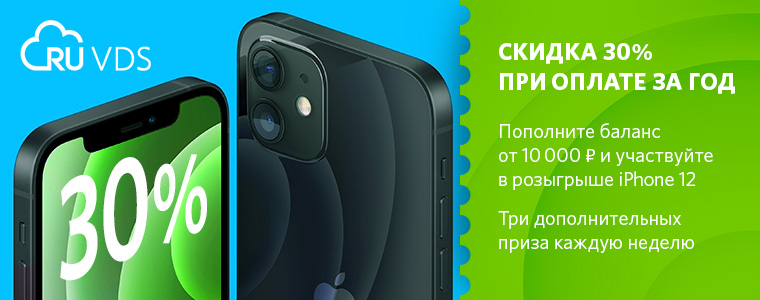Leila graduated from the Geological Faculty of Moscow State University. M.V. Lomonosov. She entered graduate school at the Bavarian Geological Institute in Germany. During her postgraduate studies, she published articles in prestigious scientific journals (Nature and Science Publishing group) and worked in various laboratories in Germany, France and the USA. A detailed list of publications can be found here .
After completing her postgraduate studies, she returned to Russia and went to work as a postdoc at Skoltech. At Skoltech, she began to engage in machine learning for geology, and even participated in the founding of the Digital Petroleum startup . Now he works at the research center of an oil company.
We share with you the transcript of the broadcast and the recording.
❒ Hello everyone, my name is Leila Ismailova. I am a scientist who moved to study science in industry, and today I will tell you my vision of science in geology, how to become a scientist in Russia, science in Russia and abroad, and machine learning in oil and geology.
Disclaimer - all this will be solely my opinion. If you have any questions - write.
❒ To be in context- that is, why I am here talking about science - I will talk about my path in science, in geology. I entered the geological faculty of Moscow State University a long time ago; when you enter the geological faculty, you have a choice: that is, you choose a direction. Specifically, the Geological Faculty of Moscow State University has general geology, geochemistry, and geophysics. Then I chose geochemistry, which, as I later understood - and, in principle, as I understand it now - is the place where scientists are directly trained. This decision already predetermined what I would do.
The first two courses I took the usual basic set. Somewhere after the third year you choose your supervisor; I then chose a leader who was involved in the synthesis of diamonds. I can say that in my third year I practically did not understand anything at all, it was just that the very phrase “diamond synthesis” sounded cool.
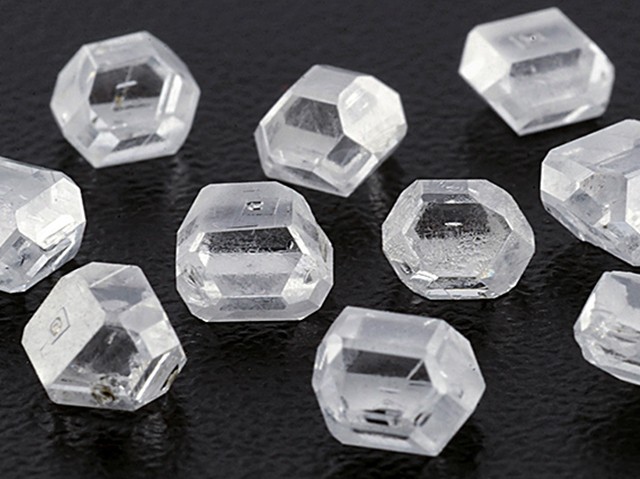
❒ Synthesis of diamonds is not from the point of view that we then sell them to the jewelry industry, for example; Diamonds are used by scientists in such a way that they form very deep in the bowels of the earth, and in the process of formation they capture many inclusions. These are the deepest rocks that are available to us, and after the diamonds are transported upward, with the help of inclusions that are in diamonds, it is possible to recreate what exactly happens in the depths of the earth, where we cannot get. That is, it is precisely those diamonds that are unsuitable for the jewelry industry due to inclusions that are of great interest to scientists.
I came to my supervisor and said: this topic is interesting to me, I want to do this. He said: great, I love science and am engaged in synthesis - I recreate the conditions in which diamonds are formed. At that time, we at the university did not have a press to create high pressure and temperature for the conditions under which diamonds are created; he said - there is a laboratory in Chernogolovka. It is about an hour's drive from Moscow along the Shchelkovskoye highway.
❒ This is how my scientific journey began.I want to say that I was a totally irresponsible student / scientist back then; I didn't understand at all what I needed to do. The scientific supervisor told me - you need to mix this and this, put it in a press, bring it to such and such a pressure and temperature, and I did all this. Now I understand that then I absolutely did not understand what had to be done and how.
The first stage is that we need to synthesize something. The next step - we need to study this, and there are various analytical methods for this. One of them is scanning electron microscopy, this method is very often used in science in general. I think most of the guys who are not connected with geology, but are somehow connected with science, with industrial science, are aware of this method. It turns out that those samples that come out after high pressure are very small in themselves, and you will not see anything there - but in an electron microscope there is a huge magnification. I remember how I sat down at the microscope tired - then we were given shifts literally at 7 o'clock, after all classes - and the microscope turned on, and I saw real diamonds that I synthesized. Now I understand that, probably, this was the moment when I had a shift, and I realizedthat science is cool. I was absolutely delighted; I came to dinner with my parents, told me what the synthesis of diamonds is.
❒ That it started to turn.I defended my bachelor's thesis and continued it in the magistracy. My supervisor was (and is still doing) science, and at that time he had good connections with a university in Germany. He told me about the opportunity to go for an internship, I said - OK. But before that, I went to school in Germany, to the university where I later graduated from graduate school. So, for those guys who are looking for their own option to get an education and do science abroad: a very cool way to get contacts, to meet, to find out if you want to continue working in this laboratory or not is to try to see what courses they have. I went to this course, and then I was amazed how everything that we were taught at the university - a huge number of analytical methods - was presented live at this university.I saw a lot of equipment that I had previously only read about in lecture materials or heard about. Then I began to delve deeper into science; my supervisor recommended different articles, I read them - for me it was really "wow". I remember how I looked at those people who published these articles and thought - wow, they write entire scientific articles!
A small disclaimer: after about 4-5 years I met all these authors of articles, sat at the same table with these big people - that is, they are all available. I think they can calmly answer various questions, there is no barrier between scientists.
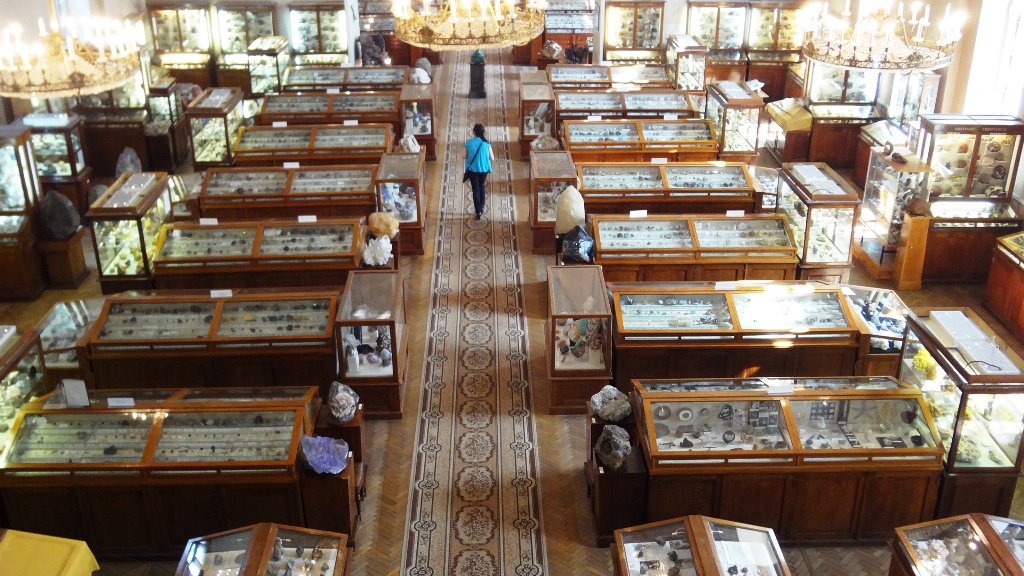
In parallel with my scientific work, I took excursions to the Fersman Mineralogical Museum. I know that some have come here interested in geology. Part of geology is mineralogy, and minerals are a bright and very beautiful part of geology. In Neskuchny Garden on the Oktyabrskaya metro station, where Gorky Park is, there is this stunning mineralogical museum, unique in terms of the number of minerals it contains. So, if you are interested in geology, I advise you to see everything there as much as possible. There are big meteorites, a huge amount of everything. Moreover, this museum is also good in that it tries as much as possible to collect all possible minerals, and not to make selections of individual selected minerals.
That is, I took excursions and did science at the same time. After my first trip, I began to understand something, I began to see guys who are passionate about science. Then I started thinking about going to graduate school. My supervisor said: listen, I was in Germany, I asked the professor - there are no places there, but you go for an internship for a month for your master's work; there you will see how that is, and you will understand for yourself whether you need it or not.

❒ I went for this one month internship, no longer as a student of courses, but as a full-fledged scientist who came for a month. That is, I did all the experiments, looked at the guys with burning eyes, how they do science - I was terribly inspired by this. A little story: when I lived in Germany, I lived in a guesthouse that did not have the Internet. That is, there was nothing to do in it - and I was sitting in the laboratory, measuring my breeds on different spectrometers. I remember exactly that it was Friday evening: at this time no one lingers in the laboratory, especially in Germany - they have their own busy life, and I have nothing to do at home. There is no Internet, I downloaded some TV shows - but I can't watch them forever. And the mobile Internet was not very good, I had one gigabyte of traffic per month, which I immediately spent. And while I was sitting in the laboratory,my future professor entered it and said: oh, I wonder what you get. I showed the results - such a spectrum, such a mineral, such a compound. And he suddenly began almost examining me: why did it work out, and how did it work out. There seems to be knowledge, but still a stressful situation - I answer something, answer, answer; he is - great, you probably did it. And the next day I come to the laboratory, and he says: you know, we have a grant, come to us on this grant. He then asked to apply in parallel to the internship program, which I will talk about later. I did not expect this at all then.and how it happened. There seems to be knowledge, but it's still a stressful situation - I answer something, I answer, I answer; he is - great, you probably did it. And the next day I come to the laboratory, and he says: you know, we have a grant, come to us on this grant. He then asked to apply in parallel to the internship program, which I will talk about later. I did not expect this at all then.and how it happened. There seems to be knowledge, but still a stressful situation - I answer something, answer, answer; he is - great, you probably did it. And the next day I come to the laboratory, and he says: you know, we have a grant, come to us on this grant. He then asked to apply in parallel to the internship program, which I will talk about later. I did not expect this at all then.
So for guys who are considering careers abroad, I repeat: the best option is to look for internships while you are studying at the university and get to know the professor directly. Further, during the selection process, it will be easier for the professor to communicate with you.
❒ That is, I returned to defend my master's thesis.And about the internship program: there is a DAAD program between Germany and Russia. They give you a scholarship, the professor receives funding for your education, for your salary, and covers some of your expenses. I was familiar with many guys who went through this program. What I found great about her is that before you start working, they give you 2 months. You live in Germany and learn the language: they want you to adapt to this program as much as possible. I hope this program is still there; I do not think that it should be canceled for some reason - but, perhaps, there are some difficulties due to the situation in the world. A lot of guys went through this program, then they disperse to different towns in Germany.
I did not receive this scholarship, which I wrote to the professor. He said - okay, it's a pity that she is not there, but we have a grant, come on a grant. I came on a grant - this is probably the next part, about science in Russia and abroad. When you come, the university gives you full support. He says - of course, no problem, you can learn German. I can say even more: in our postgraduate studies, it was necessary to get a certain number of credits, and you could choose a soft course - and take some language. Of course, I took German. Actually, that's why I know so well about the internship program: I learned German with a girl who came after this program. She and I then traveled all over Germany, and it turned out that in almost every city in Germany she had friends after this program. So that,if possible, be sure to participate as much as possible.
❒ It turned out like this,that almost immediately after graduating from the magistracy, I moved to Germany. There, of course, everything started and started spinning. What I see in my case, from what I was doing: the differences in science in Russia and abroad mainly consist of the fact that the cycle from synthesis to analytical research at the university where I studied (it is clear that when you study, this is clearly not in the first place) is much longer than what we had at our university in Germany. That is, it was possible to synthesize this way on the first floor, then go up to the second floor - study something, see what you have synthesized, then make decisions: what do you want to synthesize further, more, less, add some reagent, do not add ... This, of course, leads to the fact that you are literally stewing in this science.
❒ Also, an important part of our research was diffraction , we did a lot of this. We determined what structures we got. And due to the fact that we worked with mantle samples, we were limited in size - we always needed to get large sizes. The method that works at small sizes is synchrotron radiation: X-rays, but a much more powerful point radiation, that is, with what we had to study for several hours, it was obtained in 10 minutes on a synchrotron.
Synchrotronsthere are several, one of the most popular is a laboratory in Grenoble, there is also a laboratory in Germany and the USA. Since there is good government support, they say: okay, if you are a company and want money, then you do it for money, and your data will be closed, we will not give it to anyone. But if you are a scientific university and want to study your scientific samples, then - write an application, justify why we should give you time at the synchrotron. It costs crazy money to work there. And our laboratory wrote applications; at first all the applications, of course, were corrected by the professor, and then we gradually got to the point of writing good applications.
❒ We spent a lot of time there.Of course, when you do research on such top-end equipment, the results are obtained faster and, of course, the results are the most appropriate. I can say that the university I was at - it seems to me that there were either guys who had already published articles in top magazines, or those who should have them soon. Being in such an atmosphere, you, of course, get charged with all this and think - you need to do science. The atmosphere in such foreign universities is very inspiring. So, probably, my advice for those guys who want to study in graduate school abroad (you can also in a magistracy; as I was told, to study in a magistracy, and then go to graduate school is an easier way) - as much as possible to look at the laboratory in which you want to be. Is the laboratory ready, what publications does the professor have? Ideally, of course,talk to the guys who are studying with him. Usually, when you come for an internship, you can talk to the guys.
Postgraduate studies in Germany are full-time jobs. That is, you spend 8 hours (in science - even more) fully spending time there. It pays well, quietly enough for a living. But, of course, they demand great results from you - you need to be ready for this.
❒ We spent three years doing science.The atmosphere was amazing, I still miss this atmosphere. Next, the scientist has a choice of what you want to do after graduating from graduate school: either you give up science and go into the industry, or you stay in science. There are many different issues with leaving the industry: one professor, for example, told me that there would be no freedom there. Of course, when you go into the industry, you will do exactly what the industry does. And there is a threshold for entry: it turns out that you just graduated, having finished your education, and there guys your age already have 3 years of work, at least. This moment must be taken into account. And, as my colleagues told me, if you go into the industry, then you need to do it right away. That is, do not go to postdoc. There was a case with my colleague, with whom we studied together in graduate school: he moved to a large company,but he had already started doing his postdoc, and he was refused, arguing that it was necessary to come to them immediately from graduate school. Decisions must be made carefully.
❒ The next path for a scientist- this is to go further on a scientific academic career. That is, you become a postdoc. There is already more stress here: you have to do your own scientific work, you have to choose the direction yourself. Your supervisor is no longer a leader, but rather a consultant - you can contact him, of course, he has much more experience and knowledge. Interestingly, when you graduate from graduate school and postdoc, as my supervisor told me, it is believed that if you got a permanent position (everyone wants to get a permanent position after postdoc, this is like the next step) after the first postdoc, then you are a cool scientist ... If you got it after the second one, it's okay too. If more - questions are already beginning. The proportion of graduate students who make it to professorship - in my opinion, Nature published this statistic - is about 1%, that is, the funnel is narrowing.And getting a permanent position is really very difficult.
That is, I had a choice - to go into the industry or stay in science. What I was doing was really basic research. And I, in fact, always wanted to try myself in the industry. Of course, the professor told me that in the industry I would have less freedom, and I would not be able to do what I wanted to do. Actually, this is really so: you change your activity, and you no longer do everything yourself. I made the decision that I want to go into the industry and returned to Russia. For my own reasons, I did not apply for work in foreign companies.
❒ There is an important pointto consider when you are looking for your graduate school: you need to be sure that your degree will be recognized. Be sure to check the university you are going to - whether there will be automatic recognition. The certification commission has a list of universities - and these universities are strictly regulated (about 200, in my opinion) - which are recognized in Russia. That is, the degree that you received in Russia will be recognized abroad everywhere, and what you received abroad may or may not be recognized. And, in fact, it is not a fact that a top university abroad will have an awesome laboratory in which you will write good articles: after all, a scientist is measured by articles, and, in fact, your main task is to write good articles, because according to articles you receive grant funding and recognition as a scientist. Really,when you publish an article and come to a conference, you are like a rock star. You are recognized in the world scientific community.
❒ Returning to Russia, I ended up at the Skolkovo Institute of Science and Technology, to a professor who initially assumed that I would be engaged in experimental research in the laboratory. After a few months, while I was settling here, I came to him, and he said: listen, we have cool new projects with different companies, and they are very interested in machine learning - and you, as an expert in geology, can help with this. ... For example, if we talk about oil companies, then they, of course, have picked up the flag of digitalization and the transition to machine learning - I think this is due to the fact that a huge amount of data is generated in the process of working with fields. What I do is intelligence related, and a huge amount of data is generated during the exploration process. And the main thing for machine learning is data. The oil companies got it,and tried to use this data in different ways.
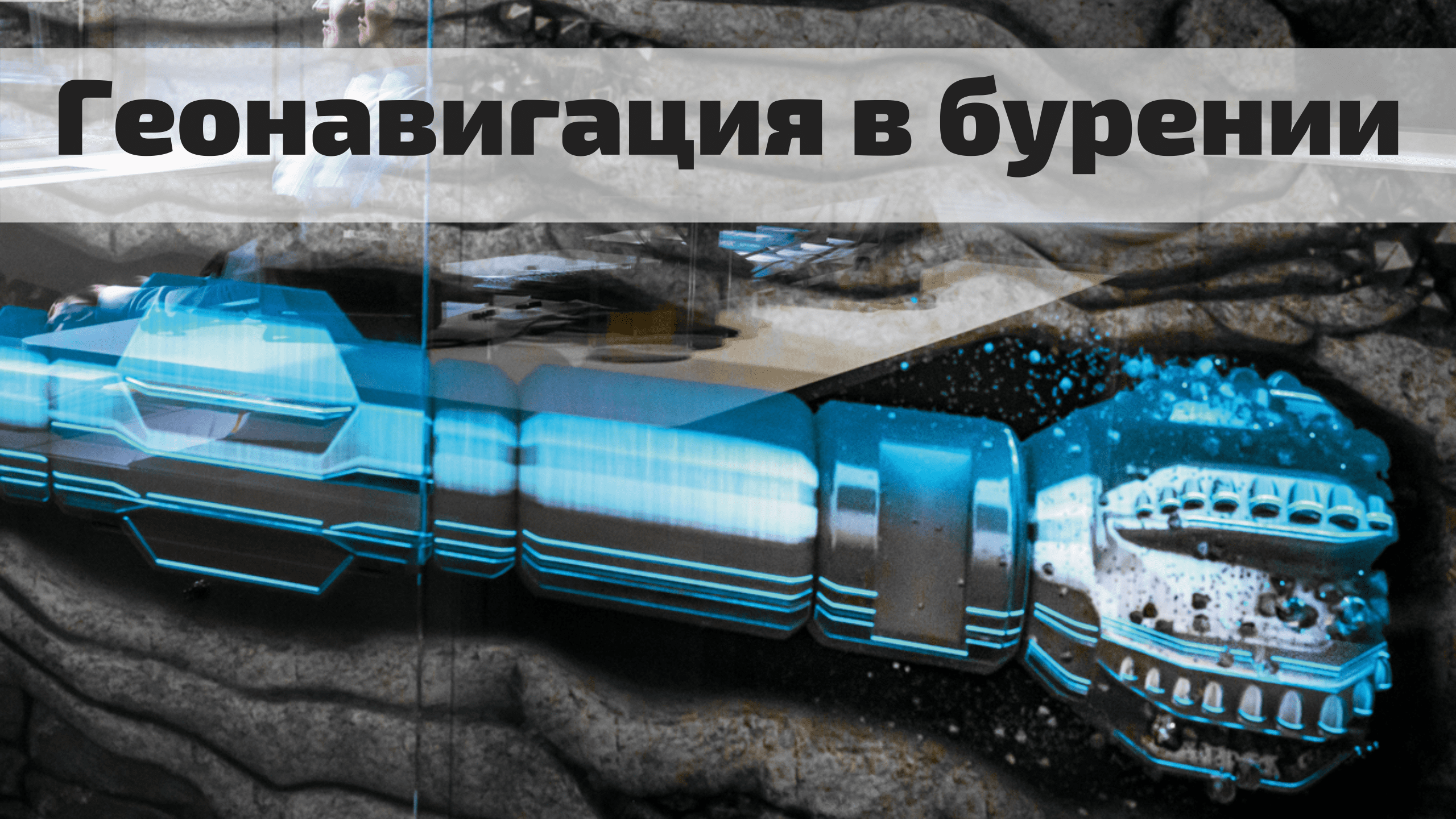
❒ From examples that are:When we were working, one oil company said that now the era of easy-to-recover oil is over. In Russia, oil is mainly extracted from difficult reservoirs, and the main problem with them is that they are very thin and interlayering occurs in them. There is sandstone, in which there is light oil, and a rock, in which there is no oil. Drilling is the most expensive process in the oil industry, and any optimization saves a huge amount of money for the company. And they say: we have a problem that we cannot get into the very reservoir in which the oil is located. And, since the strata are very thin, the device that determines what kind of rock is located 15-30 meters away. And they say: we are 15-30 meters away, after so much time, we leave the layer, and it happensthat we are wasting time - is it possible to somehow optimize the process with the help of the latest developments in machine learning and AI? And we made, together with the guys, such a model - I helped in the geological part - which predicts what kind of rock will be (reservoir, not reservoir), being directly next to it, that is, without waiting for a segment of 15-30 meters. Based on these results, an article was published, and, if interested, I should have in the description link .
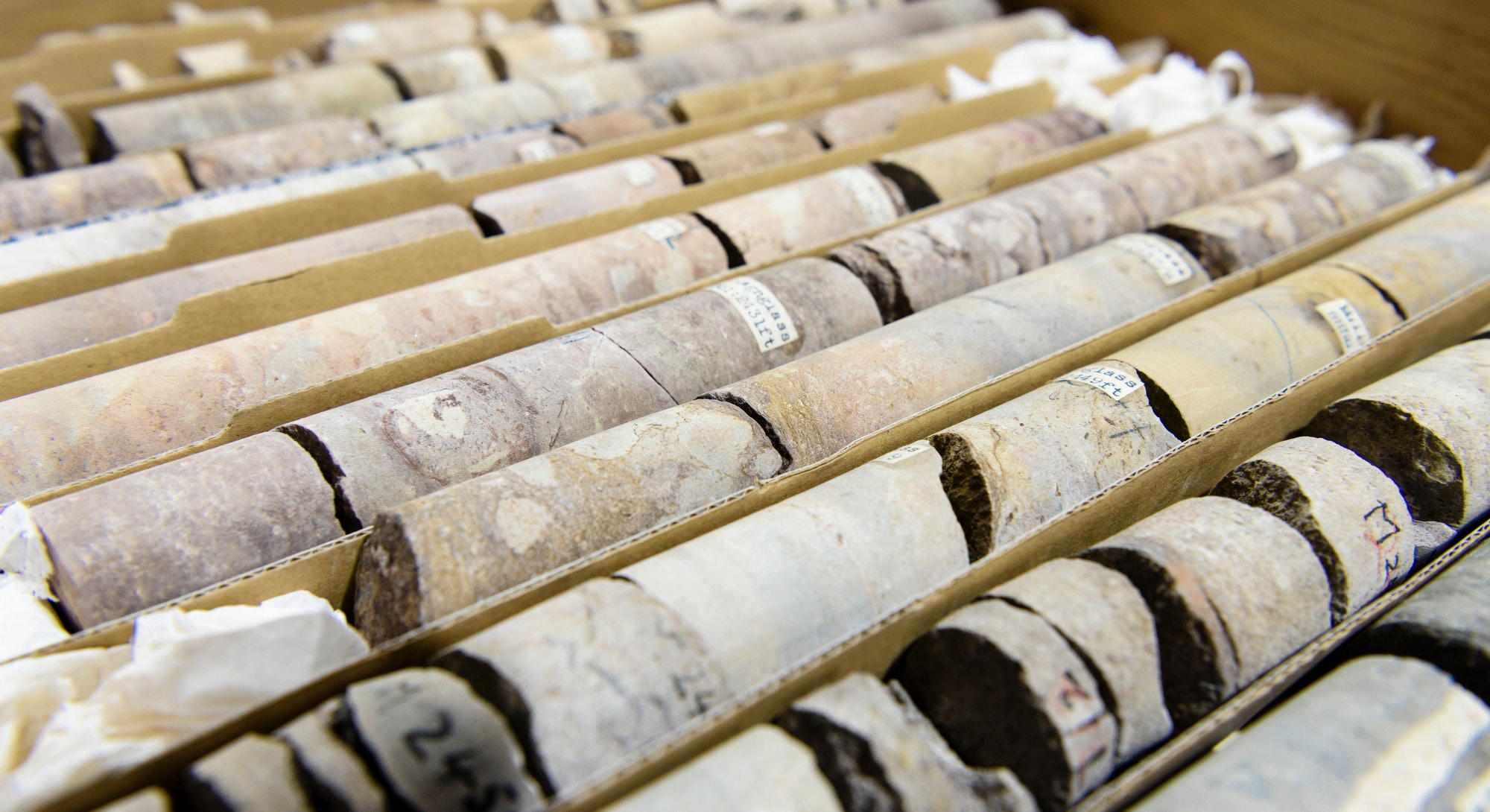
❒ Another topic that is quite popular when we want to know the potential of our field is core core studies. This is when such a column is cut several meters long, which, in fact, is a representation of the well that is being drilled. And, having a dataset with open data, we have developed a model that allows you to type the breed. That is, we have a tagged dataset based on photos, and when some new photos come in, we need to try to mark it up. This was quite a success - an article was published in a cool magazine. It even got to the point that I took part in the creation of a startup for the application of machine learning in the oil industry.
I'll also talk about what happened recently. When there was a big hype on the social network of voice messages, we took part with the guys - popularizers of science, geology, Paleontology, various topics of geology - and I joined the podcast "About volcanoes and people"as a co-host. We can say that through participation in podcasts, communicating with people, you can learn a lot about geology. A huge number of very cool, talented scientists from Russia - well, the audience is mostly Russian-speaking. So, as an advertisement - if you're interested, be sure to listen to the podcast. And just recently we had a discussion with one of the podcast participants: is it worth applying data science directly to fundamental science? In fact, after a long discussion, we unanimously reached the point that it is difficult to change our views. That is, you will never explain to a scientist who does everything with his hands and looks at the sample himself that we were able to do a regression with the help of data science, for example, and say that with such a composition he will have such thermobaric conditions. And this, again, leads to the factthat science still remains - not data science (or machine learning) alone. And, if you are interested in doing science, then it doesn't have to be oil industry, and it doesn't have to be data science in geology.

Q: So you are geosteering while drillingYes, it's called that.
Q: And in a nutshell, what methods are used? I read an article on geosteering while drilling, which used a Kalman filter and the results were obtained from the data obtained using the resistivity boundary mapper. Are you using only knowledge of geology and machine learning?No, when they are engaged in geosteering, the task is set like this. We need to use the GTI data - that is, the data received from the sensors at the top. This made the task quite difficult. They said: a person in the field looks at what measurements he has - the load on the rotor, the number of revolutions - and based on them, using a machine learning model (which specific models were used, is described in the article), it is necessary to determine the lithology. That is, MWD madlogging data was used here. It turns out that this is not only knowledge of geology - of course, it helps, because with the help of it we create a training sample - but also data that is obtained directly during drilling.
Q: Were well logs used?No, well logs were not used. Now, in fact, there are a lot of guys who use well logs for automatic interpretation, for example. Now there are a lot of articles, now there is a boom in the oil industry, if you read articles on this topic . There are also some very good articles.
Many thanks to everyone who attended. Hope I was able to touch on some big and interesting topics. If you are interested, you can continue to leave your questions in the comments - I will try to answer them. Thanks for attention.
The previous transcript of our broadcast can be viewed here , even more of our speakers using the hashtag # ruvds_decoding
